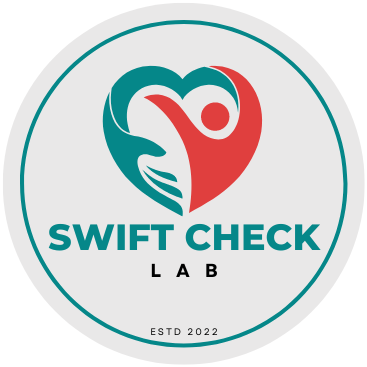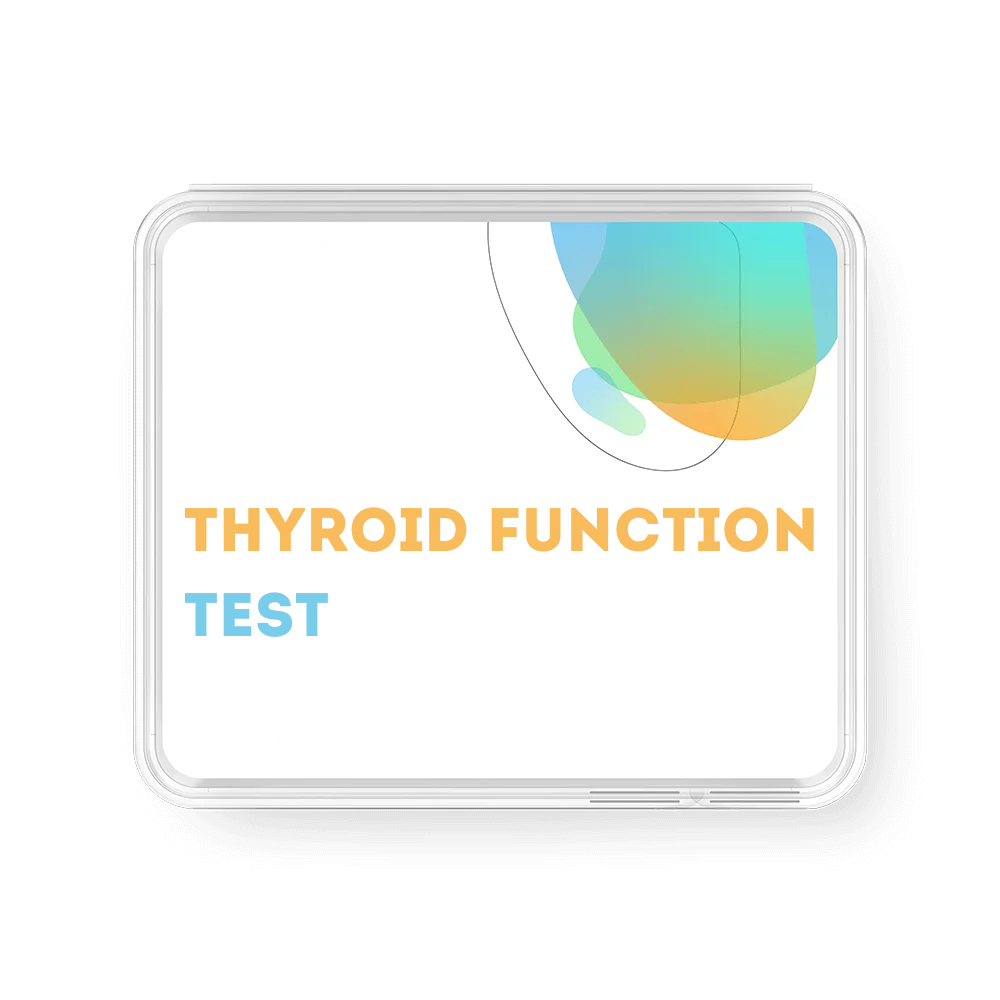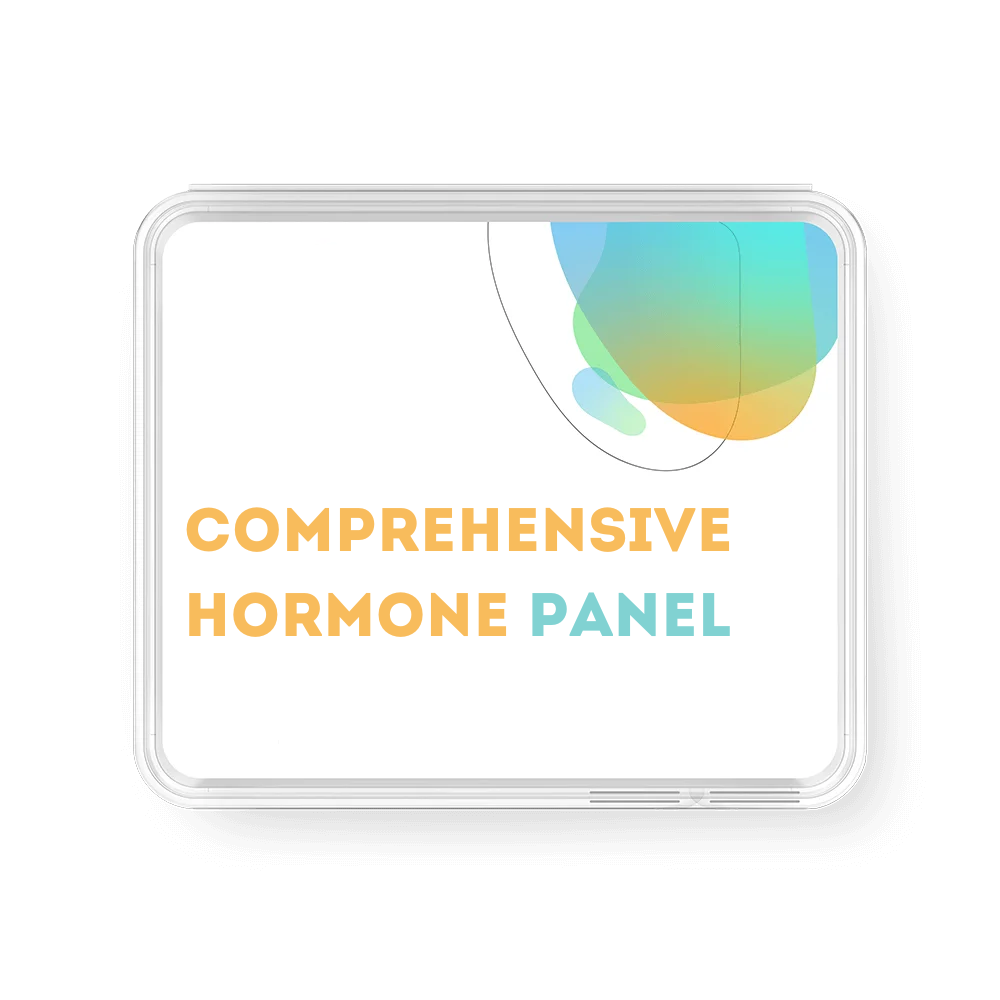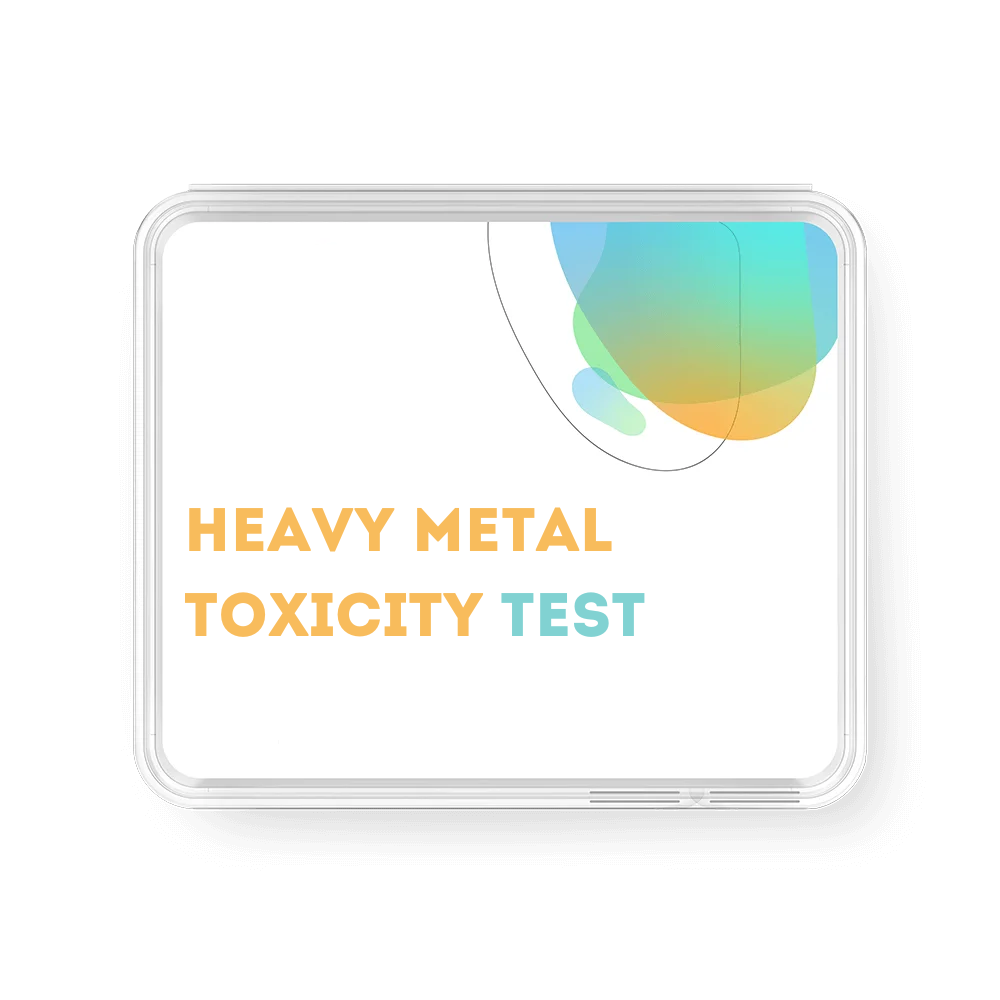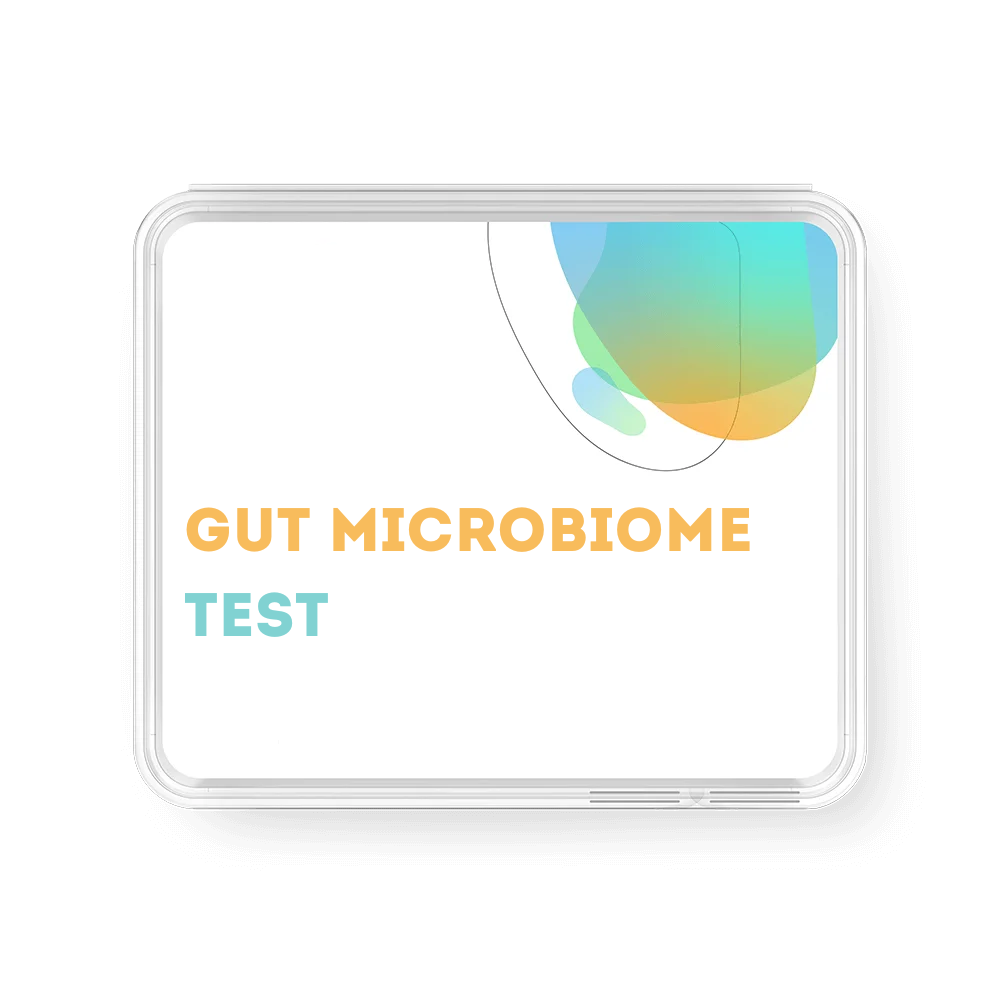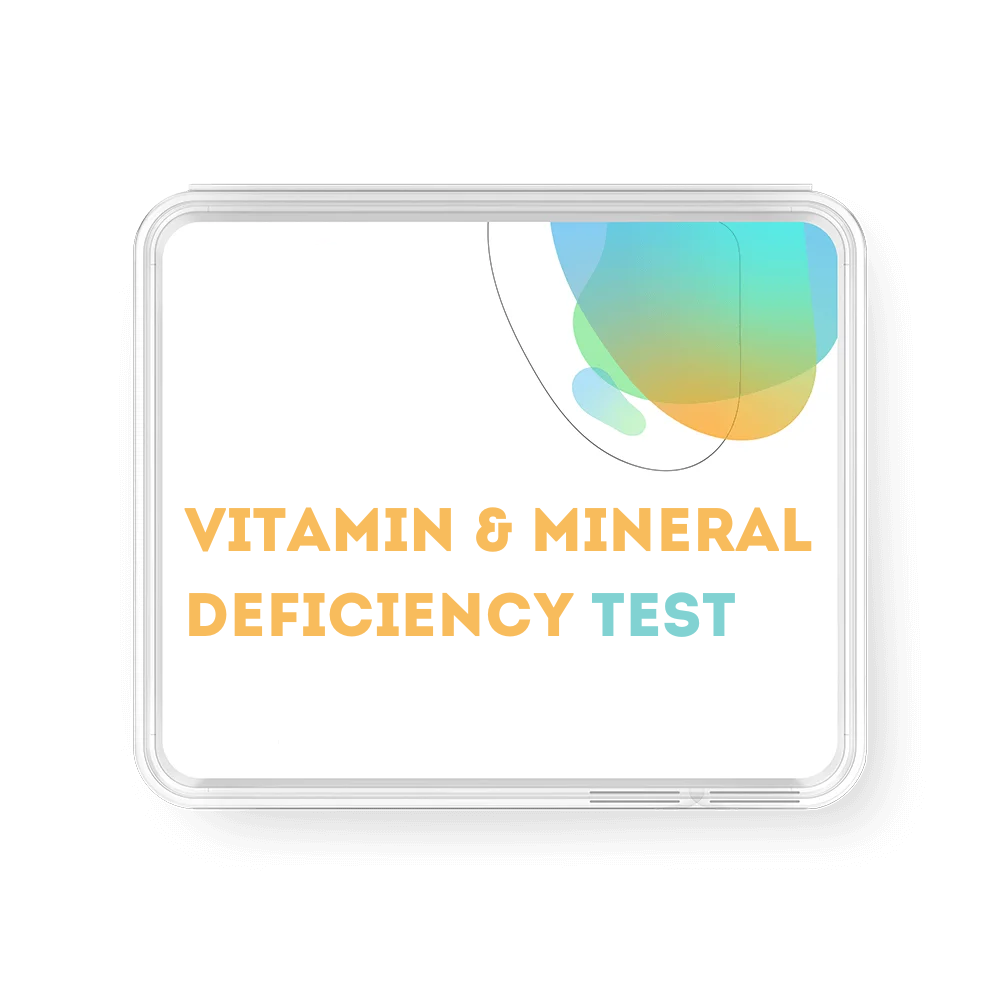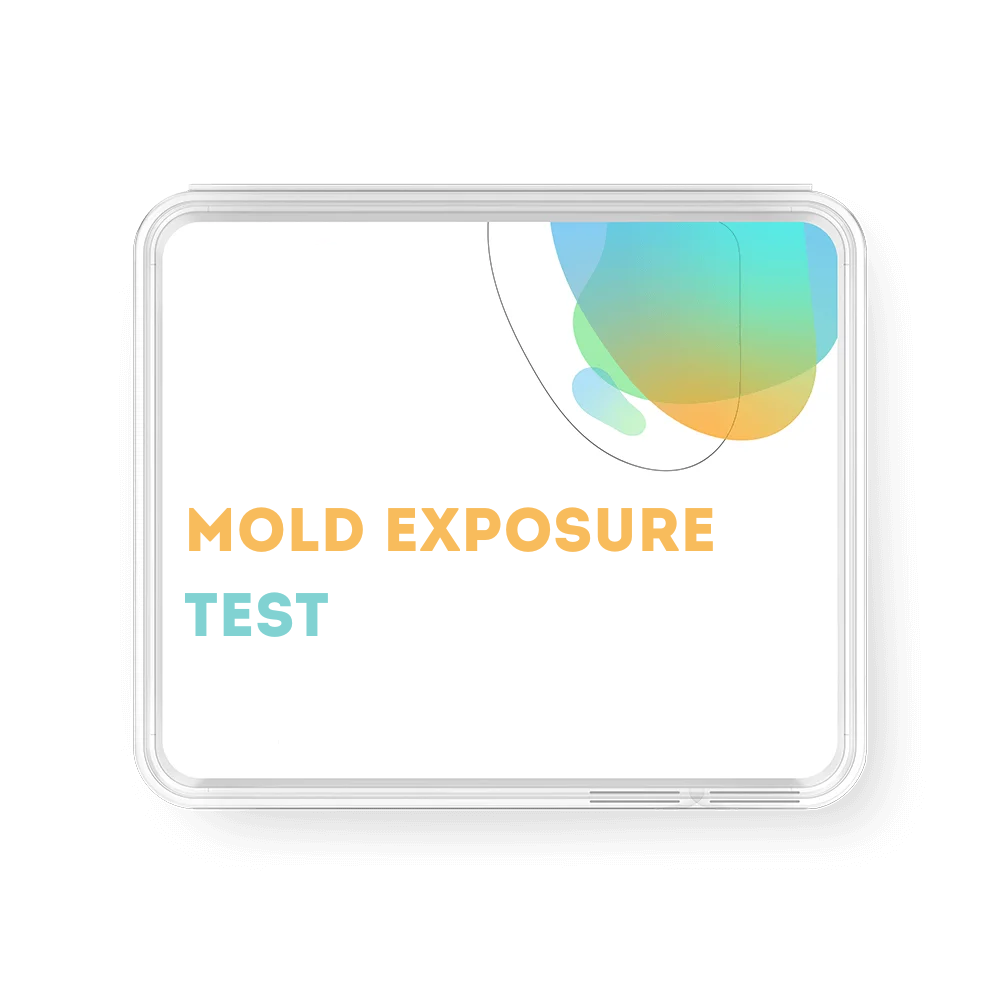Subtotal: $198.85
Tests that won't keep you waiting
Top Health Tests for Your Well-being
The best products of our store
What are rapid health tests for and are they useful?
In today’s world, health management has become a crucial aspect of daily life. Home-based rapid health tests have gained popularity for monitoring various health metrics. But what exactly are these tests, and how beneficial are they? Let’s delve into the purpose of rapid tests and their advantages.
What Are Rapid Health Tests?
Rapid health tests are convenient tools or kits designed to quickly assess specific health parameters. They serve multiple functions, including disease diagnosis, current health monitoring, and preliminary risk evaluation. Common examples include blood glucose meters, cholesterol tests, pregnancy tests, and even COVID-19 tests.
Benefits of Rapid Health Tests
Speed and Convenience
A major advantage of rapid tests is their ability to deliver results within minutes. This swift turnaround simplifies health monitoring, allowing you to perform tests at home without the need for a medical visit.
Accessibility and Ease of Use
Rapid tests are designed with straightforward instructions and do not require specialized training. This accessibility makes them suitable for a broad audience, including those without a medical background. Simply follow the provided instructions to obtain the health information you need.
Early Detection
Rapid tests can serve as an initial step in identifying various health conditions. They help detect potential issues early, prompting timely consultations with healthcare professionals for a more comprehensive evaluation. This early intervention is particularly valuable for managing chronic diseases and preventive care.
Time and Cost Efficiency
Routine visits to medical facilities for basic tests can be time-consuming. Rapid tests save time and reduce medical expenses by providing quick results at home.
Limitations and Important Considerations
Despite their advantages, rapid tests are not a universal solution for all health concerns. They have limitations and may not always match the accuracy of laboratory tests. Therefore, their use should be supplemented by professional medical advice, especially if results are abnormal.
Potential Accuracy Issues
Some rapid tests might produce false positive or false negative results due to factors such as test quality and usage errors. It’s essential to confirm rapid test results with additional medical tests if necessary.
Consulting a Physician
While rapid tests offer preliminary health insights, they cannot replace a comprehensive medical examination. If results are abnormal or concerning, seek a healthcare professional’s guidance for a thorough evaluation and recommendations.
Conclusion
Rapid health tests are valuable tools for quickly monitoring health indicators and detecting potential issues early. Their benefits include convenience, affordability, and time efficiency. However, they should be used as part of a broader health management strategy and complemented by professional medical consultations to ensure accurate and comprehensive care.


